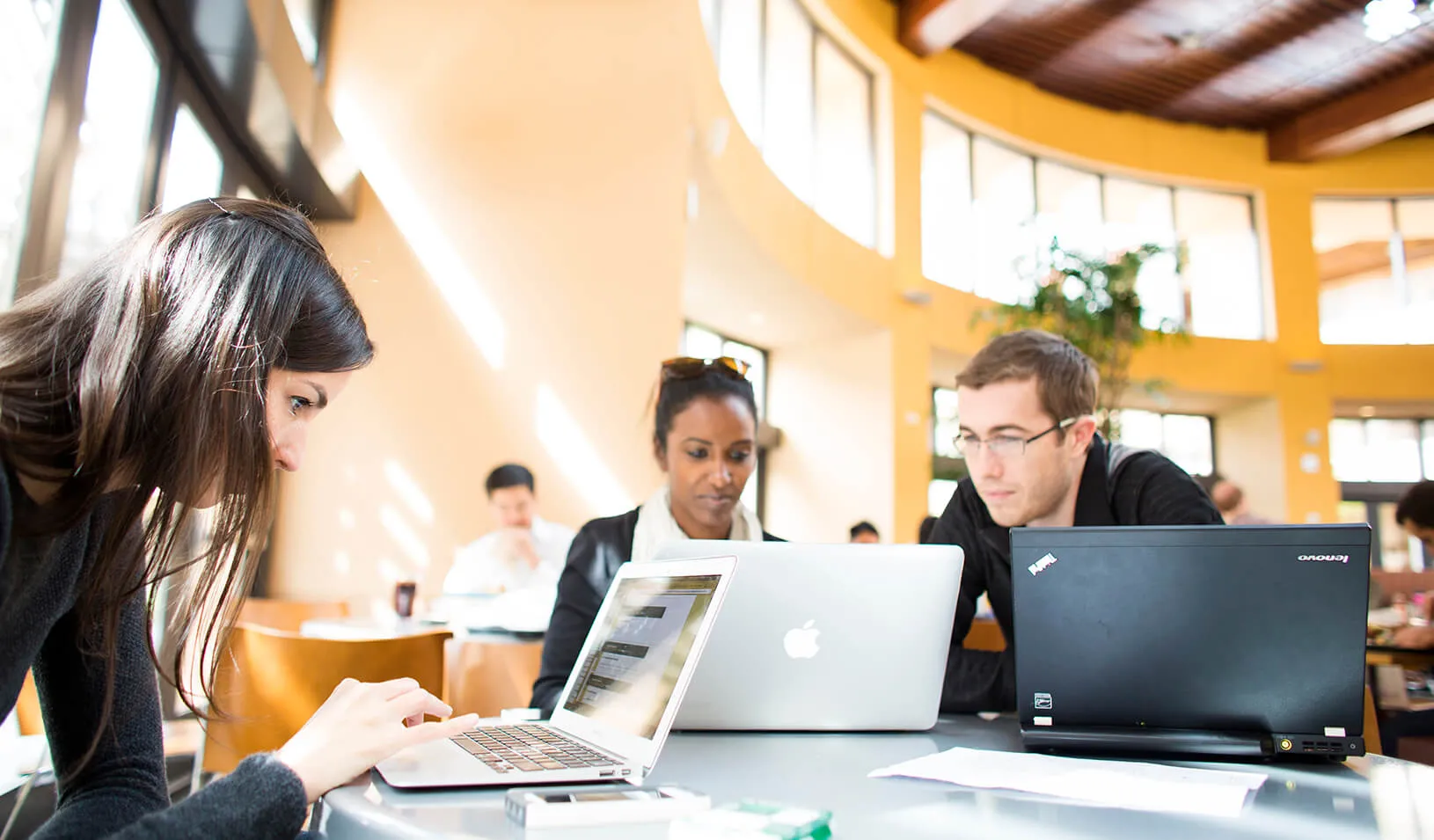June 11, 2020
Stanford Graduate School of Business recently recognized 16 students for their commitment to social innovation.
Through fellowships and awards, Stanford GSB is committed to empowering students to drive social and environmental change and creating a networked community of leaders capable of cultivating a more just, sustainable, and prosperous world.
“Our social innovation awards underscore the power of insightful and purposeful leadership to improve lives and communities throughout the world,” said Jonathan Levin, the Philip H. Knight Professor and Dean of Stanford GSB. “We are deeply proud of these students who are pursuing careers that will deliver enduring value to society.”
Stanford GSB supports students committed to founding a social venture through two fellowships: the Social Innovation Fellowship and the Social Entrepreneurship Fellowship. SIF offers funding, advising, and support to students who want to start a nonprofit venture focused on solving a critical social or environmental problem; SEF, new this year, is awarded to students starting high-impact, for-profit social ventures that address pressing social or environmental needs.
The SIF and SEF each provide a stipend of $110,000. It is awarded upon graduation and disbursed throughout the following year. In addition, the fellowships include support during the fellowship year, including introductions to advisors, communications coaching, and the opportunity to join the residency program at Stanford Venture Studio, an entrepreneurship hub for graduate students exploring new venture ideas.

SIF recipient Dare Ladejobi, MS ’20. | Courtesy of Dare Ladejobi
Dare Ladejobi, MS ’20, is this year’s SIF recipient. Trained as a medical doctor, Ladejobi volunteers in various medical outreach groups and is passionate about developing health care products for emerging markets. For his venture, he is collaborating with federal and state health agencies in Nigeria to develop a robust response to COVID-19 and enable a safe return to work.
That effort feeds into his broader vision to develop a mobile app for people in developing countries, starting with Nigeria, that could diagnose the top causes of death and disability, provide prescriptions, and connect patients through telemedicine to neighborhood-based clinical testing. Once developed, Ladejobi’s service will identify and support early intervention in the case of disease outbreaks and, through cost-effective diagnoses and testing, track and ultimately improve health outcomes.
Since 2009, the SIF has supported student entrepreneurs around the world who are designing creative solutions to overcome barriers to human flourishing.

SEF recipient Kimberly Schreiber, MBA ’20. | Courtesy of Kim Schreiber
Kimberly Schreiber, MBA ’20, is the recipient of the inaugural SEF. Schreiber is building a disability service company committed to improving the lives of people with developmental disabilities and their families. Her idea is to connect locally based supportive services with quality-of-life measurements to ensure adults with developmental disabilities can choose and access services that help them grow, learn, and thrive.
Through in-house service navigators and collaboration software, Schreiber’s venture draws upon clients’ strengths to build custom service plans and navigate a maze of government support systems. The company uses data to help families tailor their plans to their evolving goals. Inspired by her amazing younger brother, Schreiber is committed to a neurodiverse future with inclusive opportunities for all.
In addition to the fellowships, Stanford GSB also recognizes students committed to social impact through the Stanford Impact Leader Fellowship. Recipients of the Stanford Impact Leader Fellowship are selected for their focus on social innovation through academic coursework and practical applications, as well as their service to and leadership of Stanford GSB’s community of social and environmental innovators. This year’s winners include:
- Rebecca Colby, MBA ’20
- Izzy Ernst, MBA ’20
- Khalil Fuller, MBA ’20
- Isabelle James, MBA ’20
- Kelly Lacob, MBA ’20
- Samuel Leiter, MBA ’20
- Judy Park, MBA ’20
- Phillipe Rodriguez, MBA ’20
- Ayla Schlosser, MS ’20
- Nathan Segal, MBA ’20
- Kavya Shankar, MBA ’20
- Elise Smith, MBA ’20
- Ilana Walder-Biesanz, MBA ’20
The Stanford Impact Leader Fellowship was awarded to Rebecca Hinkle, MBA ’20. This prize is granted to students who are pursuing the Certificate in Public Management and Social Innovation and who demonstrate the highest level of excellence and dedication to tackling social or environmental challenges.
An increasing number of Stanford GSB students are studying social impact and innovation as part of their educational experiences. This year, more than 95% of the 502 Stanford MBA and MSx students took a course related to social innovation or social impact: 98% of the MBA Class of 2020 and 87% of the MSx Class of 2020.
The average number of MBA and MSx students earning Stanford GSB’s Certificate in Public Management and Social Innovation from 1990 to 1999 was 35, while from 2010 to 2020, it surged to 114, a 225% increase.
For media inquiries, visit the Newsroom.



